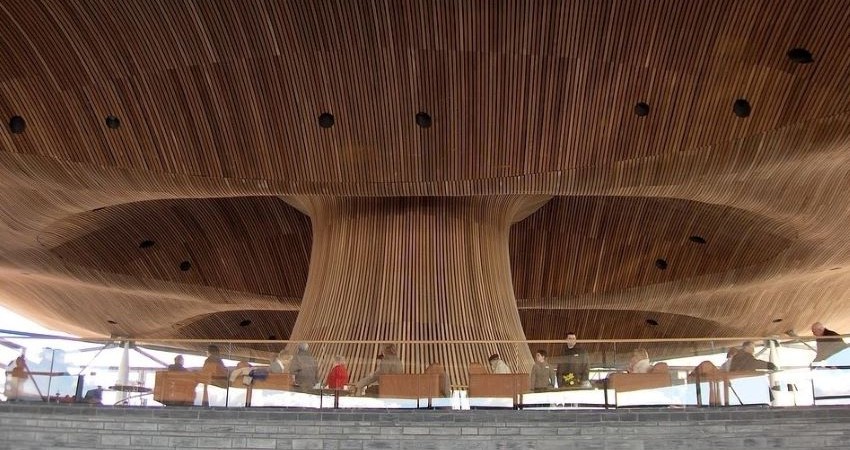
£74 million to be invested into greener transport in Wales
23 December 2019The Welsh Government has recently announced that it will be investing £74 million into more resilient, cleaner and greener transport in Wales.
In the first budget since Wales declared a climate emergency, low emission vehicles and a more resilient public transport system will be the focus of a funding pot dedicated to pushing a green transport network and tackling climate change in Wales.
Spending commitments within this 2020-21 budget will include £29m to support the transition to low emission vehicles, with a view to have a zero-emission bus and taxi/private hire vehicle fleet by 2028. These measures will aim to make transport decarbonisation accessible to all.
£25m will be invested into a more resilient road system. This will involve protecting the infrastructure from floods and other extreme weather and improving reliability of the road network.
£20m will also be set aside for the North Wales Metro, to develop the investment into an integrated, modern and efficient transport system. Included in this transport system will be cycle routes, bus services and train services.
The Welsh Government’s new transport strategy features transport decarbonisation as a main theme, and is set to be published towards to the end of 2020.
Ken Skates, Welsh Government Transport Minister, commented: “We want to deliver a modern and connected transport network which facilitates a real modal shift, and delivers on our objectives of improving air quality and reducing carbon emissions.
“Tackling the climate emergency requires a radical change in the way we travel. Investing in these initiatives will take Wales further down the path to a more resilient, cleaner and greener transport network.
By improving our green infrastructure, we can make it easier for people to travel in more environmentally friendly ways. This goes hand in hand with service improvements which will provide better connections for people, communities and businesses.”
Article Source: Public Sector Executive

